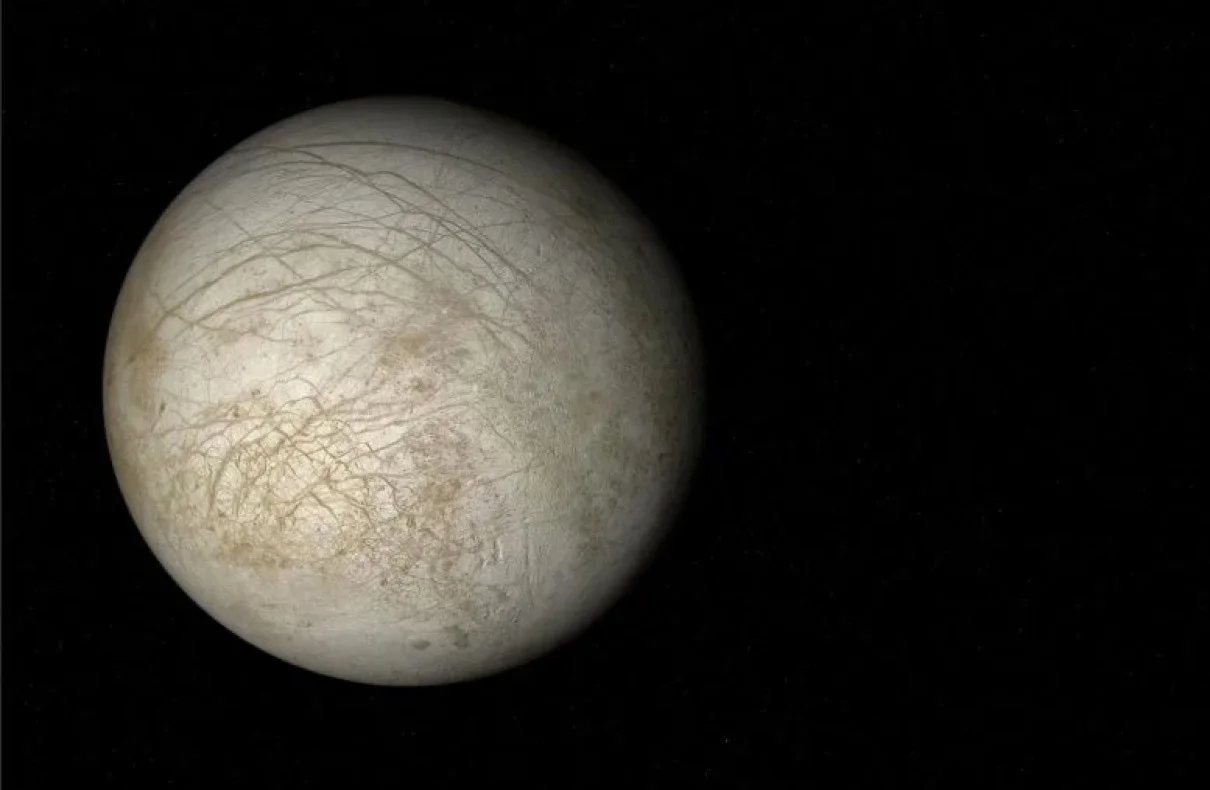
Jupiter’s moon Europa, popularly known for its subsurface ocean, has been a subject of interest for astronomers and scientists worldwide. Recent studies, however, suggest that Europa may not be as hospitable to life as previously thought due to low levels of oxygen.
Europa, named after the beautiful Phoenician princess in Greek mythology, is one of the four largest moons orbiting Jupiter, referred to as the Galilean moons. Its icy surface, which is believed to cover a deep, salty ocean, has given rise to speculation about the possibility of life existing beneath.
Oxygen is a critical element for life as we know it. It is involved in various biological processes, including respiration, which is crucial for the survival of many life forms. However, the question of whether Europa’s ocean contains sufficient oxygen has been a subject of ongoing debate among scientists.
The recent studies suggesting the scarcity of oxygen on Europa are based on data from NASA’s Juno mission. Launched in 2011, the Juno spacecraft’s primary goal is to understand the origin and evolution of Jupiter. However, the data it has collected on Europa has offered valuable insights into the moon’s potential habitability.
Man Killed His Wife With Hammer in Nashville
Unlike Earth, where plants, algae and cyanobacteria release oxygen into the atmosphere through photosynthesis, oxygen on Europa is produced when charged particles from space bombard its icy crust, releasing hydrogen and oxygen molecules. This process is often referred to as the moon’s surface “breathing.”
The Juno mission’s data suggests that Europa’s frozen surface generates significantly less oxygen than some scientists had hoped for. The oxygen production is estimated to be about 26 pounds (12 kilograms) per second, considerably lower than the 2,205 pounds (1,000 kg) per second predicted by earlier computer models.
“It’s on the lower end of what we would expect,” said Jamey Szalay, a plasma physicist at Princeton University and the lead author of the study.
While the low oxygen levels may seem disheartening for those hopeful of finding life on Europa, it doesn’t entirely rule out the possibility. Microbial life could still exist, albeit in different forms than we are accustomed to on Earth. Szalay believes the lack of oxygen is “not totally prohibitive” for life.
Gunshots Erupt at Chiefs’ Super Bowl Parade in Kansas City
Despite the latest findings, researchers remain optimistic about discovering more about Europa’s potential habitability. NASA’s upcoming Europa Clipper mission is set to launch later this year and will reach Jupiter’s orbit by 2030. The mission aims to determine if Europa has conditions that could be suitable for life.
While the recent studies may seem to dampen the prospects of finding life on Europa, they still represent a significant step forward in our understanding of this icy moon. The data collected from the Juno mission, along with the upcoming Europa Clipper mission, will provide a wealth of information that will keep scientists busy for years to come.
As we continue to explore our solar system, moons like Europa remind us of the diversity and complexity of celestial bodies. Who knows what secrets Europa’s icy surface and subsurface ocean hold? Only further exploration and research will tell.
